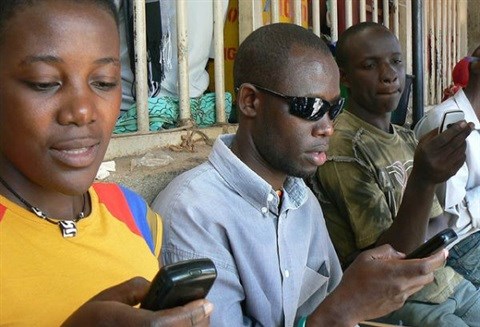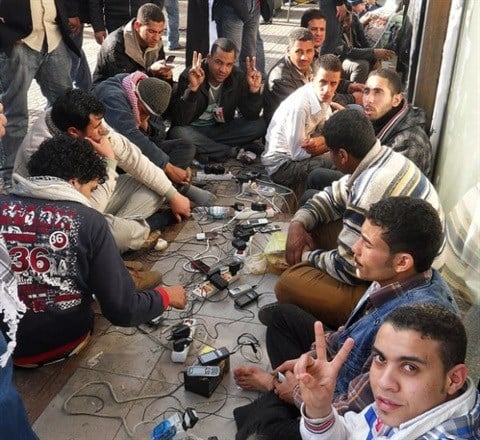
Top stories

LegalKenyan beer firm asks court to block Diageo's $2.3bn EABL sale to Asahi
Duncan Miriri and Emma Rumney 8 Jan 2026


At the heart of the story of social media in Africa is the Arab Spring and how platforms like Twitter and Facebook were used to coordinate protests. In the year-long revolt spanning Arab Africa, the number of Facebook users doubled; in Egypt alone there were five million new users in the period leading to the fall of Hosni Mubarak.
Researchers believe that Twitter has 20 times as many active users, almost all of them young tech-savvy Africans. This has led companies doing business in Africa to turn to social media platforms to reach this next generation of consumers. Since 2011 the number of companies using social media has increased by at least 60 % according to UK-based market research company Econsultancy.
While tech companies have built on this popularity for profit, Africans have been turning to social media for everything from keeping track of exes to delivering information on disease prevention. The power of social media has been harnessed in long-distance learning and the Kenyan government is using it to rebuild its ailing tourism industry.
Security concerns have damaged the east African country's tourism industry. Now, it is turning to social media - Facebook, Twitter, Instagram and blogs - to reach new audiences.

Sandra Rwese, a director of Uganda-based tourism marketing agency Gulu and Hirst, says the approach is novel for an African country but it's the future of marketing. Social media will allow Kenya to capture a generation of digitally aware consumers, who will be the next generation of tourists.
"They are silent brand ambassadors who will play a crucial role in influencing family decisions. Social platforms have taken over more traditional promotional platforms. Its reach is wider and cheaper," Rwese explained to the African News website.
The top three African countries in terms of Facebook use are Egypt (16.8 million), Nigeria (11 million) and South Africa (9.4 million). Most are male and under the age of 25. These countries are also among those with the infrastructure that will drive growth as more Africans access social media through handheld devices.
The history of web-based social media in Africa goes back to 2005 and the establishment of the Nairaland online community in March of that year. The Reddit like community, aimed at Nigerians in Africa and the diaspora, is the most visited indigenous site and the seventh most-visited online site in Nigeria.
Commerce lies at the heart of what is spurring the surge in social media use as businesses harness social media platforms' popularity to boost their bottom lines. Early in 2014 Tanzanian mobile operator Tigo gave its subscribers free access to Facebook despite declining voice and messaging income.
Their reasoning is simple says Mbwana Alliy, a partner at Nairobi-based Savannah Fund. "Data, value-added services and mobile money are the only sectors for revenue growth in Africa, and Facebook can assist on data... People share links and articles on Facebook, [and] when users click away they will be spending money for data access outside of Facebook."
Facebook's 100 million users are most of the 167 million active internet users in Africa - mostly on mobile devices - but that is just 16% of Africa's population. That population has created a market worth $14bn dollars; one estimate puts the value of that market at $300bn by 2025.
Researchers have found that the most desired technology product for Africans is a smartphone. These devices have more processing power than computers built in the 80s and will allow Africa access to the circulatory system of the knowledge economy without governments spending resources needed elsewhere on communications infrastructure.
Facebook-funded research by Deloitte found that growing the number of people with access will change African societies and economies. Raising access across developing economies in North America, Africa and Asia to levels present in developed economies would raise 160 million people out of poverty by creating 140 million new jobs. Those new employees would be more productive and add $2.2-trillion in GDP gains to those economies.
Economic benefits are one thing but, as Africa has already shown, the social benefits are just as important. Government ministries and non-governmental organisations have been disseminating information on nutrition, health and education, allowing Africans to live better fuller lives.
MediaClubSouthAfrica.com is hosted by the International Marketing Council of South Africa (IMC), the custodian of Brand South Africa. The site is a free service for all media professionals - journalists, editors, writers, designers, picture editors and more - as well as for non-profit organisations and private individuals. Its specific focus is on South Africa and Africa.
Go to: http://www.mediaclubsouthafrica.com/